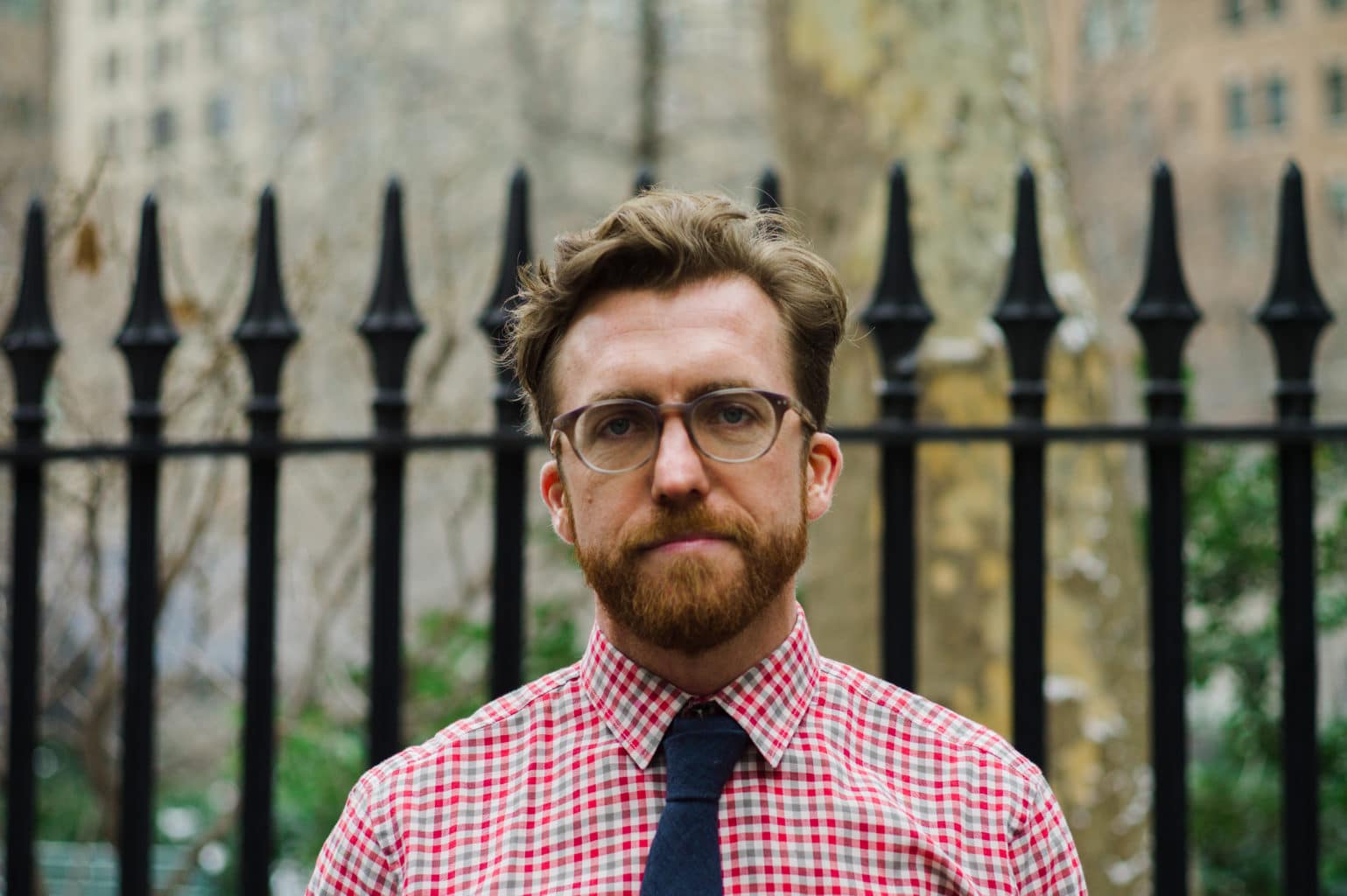We’re thrilled to introduce the 2021 Oregon Literary Fellowship recipients with individual features on our blog! Out-of-state judges spent several months evaluating the 400+ applications we received, and selected eleven writers and two publishers to receive grants of $3,500 each. Literary Arts also awarded two Oregon Literary Career Fellowships of $10,000 each. The 2022 OLF applications can be found here, and the deadline to apply will be in September 17 2021.

2021 Oregon Literary Fellowship Recipient
Scott Korb
Pronouns: he/him
Category
Nonfiction
Bio
Scott Korb is the director of the Pacific University MFA in Writing program and the author of The Faith Between Us, Life In Year One and Light Without Fire. He’s also an editor of The Harriet Jacobs Family Papers and Gesturing Toward Reality: David Foster Wallace and Philosophy.
Q&A with Literary Arts
What are your sources of inspiration?
What inspires me doesn’t always end up in what I write, or not in obvious ways, but as a newcomer to the Pacific Northwest, the environment—the forests and mountains and the Pacific Ocean, waterfalls, the animals—inspires me incredibly, largely because my relationship with this landscape feels so tenuous, new and fragile, and I’m so small. I’m inspired by humanity and our depths and consciousness, human relationships, community, and, increasingly, the relationship between humanity and the rest of the natural world. Sports inspire me, as does much of the music I listen to. My family inspires me, moves me forward, keeps me still. Reading and writing and teaching all inspire me: so, books and classrooms are sources of inspiration.
How would you describe your creative process?
I’m not sure I write out of inspiration, or whether what I call the sources of inspiration are directly related to my creative process. Sometimes I take notes. Usually something happens in my life that asks me, in a way, to think about it a little more—sometimes this is what you might call an event, sometimes what happens is I read a book—and so I do think about these things a little more, in writing. Sometimes this means I need to do research, sometimes I need to ask questions of people, sometimes I need to trace a memory or look at an old postcard or object from my past. I once wrote an essay about aging bodies (including my own aging body) because one day I ran into two people who were older than me moving a soiled and ruined mattress from the second floor of a New York City apartment, and I felt relieved that the person whose mattress it was, I learned on my way up to my apartment, was still alive. That needed more thinking, the possibility of a sudden shift in me—and, I have to presume, all of us—from fear and grief to relief.
What is most exciting about receiving a fellowship?
I’m thrilled to be welcomed to a community of artists in this way as I settle into Oregon as my new home. My place among these others, and all those who’ve been honored this way before me, is most exciting.
What are you currently working on?
I’m working on a novel set in North Florida that’s takes place mostly in a motel my grandparents owned and operated near Raiford Prison in the early 1960s.
What advice do you have for future applicants?
All I can say is to think carefully about the work you’re doing, why you’re doing it and who you’re doing it for. Put the application together, know that there are humans reading it, and try again if at first you don’t succeed.
Excerpt from “Lloyd’s Mattress”
One Sunday, in an autumn that now seems very long ago, a couple perhaps a generation older than me shoved a rotten mattress around the banister at the bottom of the stairs in our building; they were headed to the back yard. This mattress was Lloyd’s. His door apparently still open, he was shuffling upstairs. I’d come home with lunch from the new LA-styled taqueria on 3rd Avenue, and meeting the couple on my way in, they were resting, debating, in silence, the best way to proceed down the steps, out to the trash.
At the foot of the stairs, I made eye contact with the woman in the couple, then eyed the mattress, deciding whether to help.
Lloyd’s mattress was heavily stained: evidence of injury and illness, night sweats, incontinence, maybe violence. The mattress was torn along its side. Lloyd owned dogs, and perhaps some of the evidence was of them. But I’d also seen him bleeding from his shin after a fall on our stoop. I’d seen his shoulder dislocated under a tank top. There were moans sometimes from the apartment. Once, we heard him rattle his rear window and then call out in distress. “Don’t jump!” I said from two stories above, rattling our own window cage, looking down through the fire escape. My wife sensed I was overreacting.
Moving the mattress would have taken only a few minutes. The hard work was already done by people older than me, who may or may not have been related to Lloyd. To help would have meant putting down a sack of warm tacos. To help would have meant embracing and lifting that mattress. Maybe rolling it down the back stairs into the yard, where I later saw it, spread out like a murder scene.


